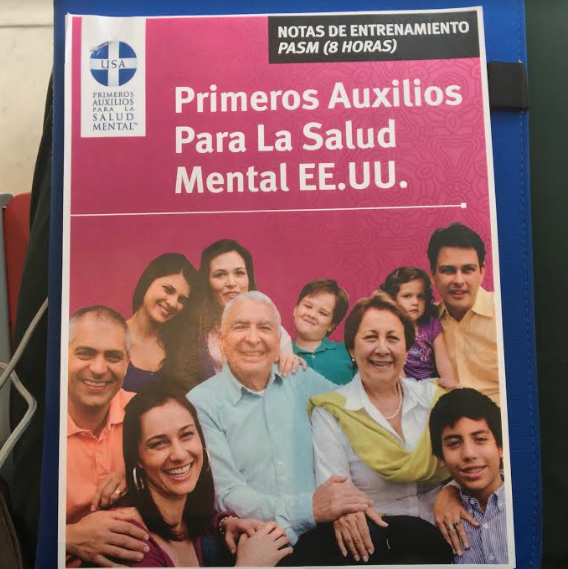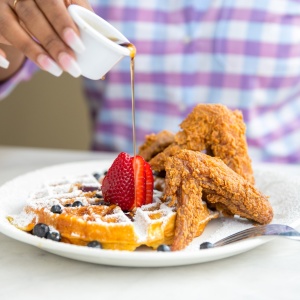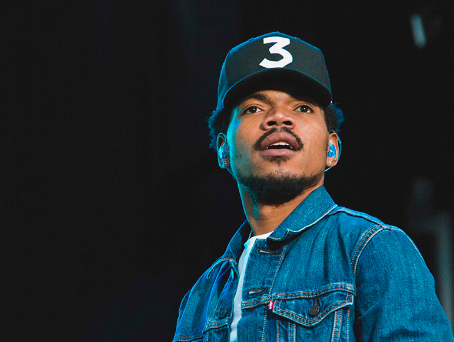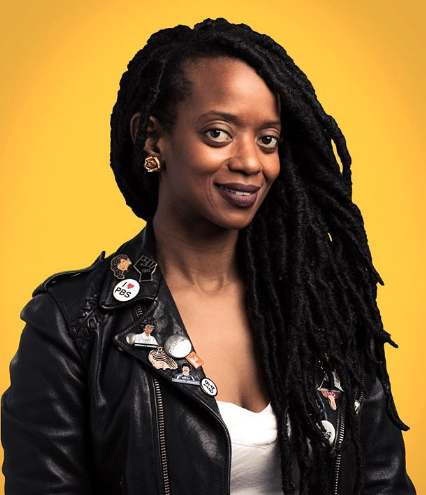Photo by David Rzegocki
Black faces in Black spaces. Never had I seen such a thing. Not to say that my mother didn't expose me to my Blackness because I was "pre-woke." A militant poet similar to Michael from "Good Times," I knew about Langston and Zora, Satchmo and Billie. I knew before we were slaves in chains, we were Queens and Kings.
However, there was a disconnect between what I knew and who I was. Growing up, I never had the privilege of having a collective group of young Black people around me, to teach me the realities of being a young Black queer boy in America. An only child, I poured myself into my writing, refusing to lift my head and embrace the present. My surroundings weren't very helpful in motivating me to make my skinfolk my kinfolk. Not in my all-White Northern Virginia suburb. There was a lack of a major Black Student Union organization compared to the amount of theatre troupes and lacrosse teams that populated my high school. When I was accepted to my dream school, Howard University, the choice was solely based on my desire to connect with my Blackness.
Then I met New York, and oh, how I adored New York. So when St. John's University came calling with a nice chunk of scholarship money, the option was clear. I wasn't anyone's fucking Que Dawg anyway. St. John's University was the start of something new. Mostly known for its Division I basketball team, the Catholic PWI (Private White Institution), while diverse, didn't really seem like much of a refuge for young Black kids looking to be active on campus and to make a friend.
While I was clumsily dropping my fridge on my toes while carrying it into my dorm room, I was greeted by a smiling Black chick from the Chi. My then, unknown "homegirl" and new best friend. She and I bonded over activism and our shared love of Popeyes chicken. She was my Assata and I was her Malcolm. We could speak intellectually while sitting on the floor Indian-style, shoving buttermilk biscuits into our mouths.
Being that the institution was based in Jamaica, Queens, a large percentage of the student body was West Indian. Back home I had no clue about West Indian people. Call me ignorant but I'm from the South and the only thing outside of Black folk were West Africans. They'd usually be taunted because of a thick accent or their darker skin tones. There wasn't any knowledge of how the Atlantic Slave Trade dispersed Black people to places like São Paulo, Brazil or Georgetown, Guyana. I was reuniting with them now, less than 400 years later. We learned and grew together.
My sophomore year of college, my best friend helped me secure an internship at Ebony.com. Everyone outside of myself was excited for my potential. Inside, I was steaming with nervousness and my expectations were non-existent. Once there, I learned about what true unapologetic Blackness was. We played all types of music, most of which I knew from being a part-time Black auntie. We ate, a lot. There was actual history at my fingertips as I dug through old magazines, decade after decade until concluding at the most recent issue. There in the Staff section, were names of those who were my little-known superheroes. Now they were my friends. I was now a witness to history. A true student of Blackness.
During this time, Trayvon Martin's passing affected the residence halls of St. John's, the major hub for all things Black. Our bodies full of rage, traveled from Queens to Manhattan, as we marched through the crowds screaming for justice. I wondered what the reaction would be Back home, most issues involving race were swept under the rug. I wondered what the reaction would be, considering the man responsible for Trayvon's assassination was raised ten miles from my house.
The political climate on campus, especially when it came to the Black student body and the administration, was tense. At times we felt silenced or discriminated against. While these huge gates and architectural buildings were paid for with our money, they weren't for us. Our purpose there was purely based on an image. However, we resisted and actively participated in discussions around various subject matter. Some people spoke from personal experiences and yes sometimes, there was problematic discussion. But it was our only safe space. We all became familiar faces and in time, I found the people who would become my "tribe."
On Graduation Day, I took photos in front of the historic restaurant Sybil's smack in the middle of Harlem and somehow unexpectedly met Cornel West. It was officially the blackest day on Earth. Peak levels of Blackosity. It was the perfect representation of my entire four years that would eventually stretch into my career and social life as an adult. The biggest lesson learned was that connection is organic. It can't be forced.
As a teenager, I would push through the crowd searching for that one Black token dude to give a nod to or to fist-pump with. Turns out, I was that one Black token dude. In the most improbable of places, I stopped searching and found myself apart of the crowd.
Stephon Robert is a Harlem-based Black queer writer. His work can be found on Soule.LGBT, The Black Youth Project, Ebony.com and his own personal platform for ranting and raving - does it look like I work here?
To engage with him on social media, he can be found on Twitter, Facebook, and Instagram.
CALL FOR SUBMISSIONS/PITCHES:
April is Stress Awareness Month and we want to hear your best ways of dealing with stressors, any precautionary tales of how they can affect the body, what your self-care looks like, and/or anything else related to acknowledging that stress is real and necessary to manage.
April is ALSO Sexual Assault Awareness Month. In light of recent events with sexual assault in the entertainment workplace being brought to the forefront and fully addressed, we want to address this issue taking place everywhere. We're accepting personal narratives, essays, poetry, prose, and any other type of writing that gets your point across about sexual assault. Because of the nature of the topic, we are willing to publish Anonymous pieces. We are accepting submissions & pitches from EVERYONE. We mention this because men and non-binary people have just as poignant voices and stories to tell about their own experiences but sometimes shy away from sharing due to toxic perceptions that hand out shame versus compassion. Our platform is a safe space for everyone so feel free to submit/pitch.
Please send all pitches/submissions to submissions@theextraordinarynegroes.com.
We look forward to hearing from you!

































